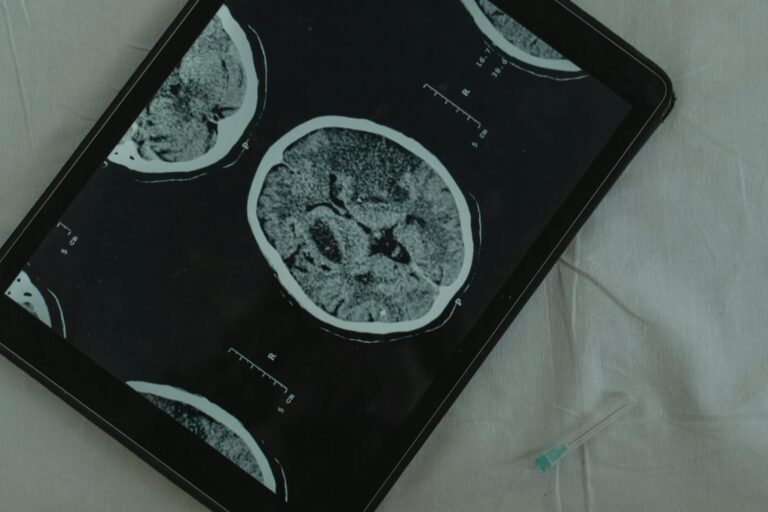**Navigating the Emotional Labyrinth of Memory Loss: A Deep Dive Into the World of Dementia**
Memory loss is often associated with dementia, but it’s not just about forgetting where you put your keys. It’s about the emotional journey that comes with it, affecting not just the person with dementia but also their caregivers. Let’s explore this complex world and find ways to support those navigating it.
### The Emotional Impact of Memory Loss
Dementia, including Alzheimer’s disease and frontotemporal dementia, can lead to significant changes in behavior and emotional responses. One lesser-known symptom is the loss of empathy, which can make caregiving more challenging and isolating. Lauren Fisher, a doctoral candidate at the University of Pennsylvania School of Nursing, has studied this phenomenon extensively. She notes that people with frontotemporal dementia often show no emotional response to significant events, such as the loss of a family member, or exhibit inappropriate responses to social situations[1].
This loss of empathy can be devastating for caregivers. They may start to feel isolated and experience depression or anxiety as they struggle to connect with their loved one on an emotional level. Caregivers often find themselves physically exhausted from the constant care, with some even dislocating their shoulders from helping their loved ones get out of chairs or use the restroom[1].
### Supporting Caregivers
Supporting caregivers is crucial in this journey. One way to do this is through art therapy, which can help people with dementia connect with others and find joy in activities like visiting museums or attending operas. Organizations like ARTZ Philadelphia provide such events, aiming to keep people socially engaged and emotionally connected[1].
Moreover, mental health services that understand dementia are essential. However, many caregivers face the challenge of therapists who don’t fully comprehend the complexities of dementia. This can lead to caregivers educating their therapists, which is not only draining but also ineffective. Tailored mental health support is vital to help caregivers cope with the emotional burden of caring for someone with dementia[1].
### The Intersection of Depression and Memory Loss
Depression can also significantly impact memory. When someone is depressed, they often experience difficulties with concentration, decision-making, and memory retention. This cognitive fog can make everyday tasks challenging, leading to frustration and a sense of loss. However, it’s essential to note that memory loss linked to depression is often not permanent. Engaging in therapies like cognitive-behavioral therapy (CBT) and making lifestyle changes such as regular physical activity, a balanced diet, and sufficient sleep can help reclaim memories and improve cognitive functions[2].
### The Power of Awareness and Choice
For individuals dealing with the emotional labyrinth of memory loss, awareness and choice are powerful tools. By tuning into their thoughts without judgment, individuals can identify recurring negative patterns and address them. This process involves observing thoughts, asking why they exist, and choosing to focus on positive solutions rather than complaints. This mindset shift can help individuals reclaim their power and make small steps towards transformation, much like planting seeds in a garden that eventually bloom into positive change[3].
### Understanding Dementia’s Impact
Dementia affects a person’s day-to-day life significantly, leading to loss of self-esteem, social roles, and everyday life skills. However, the person still retains some emotional connections to people and their environment. Approaches like maintaining a sense of normality through consistent routines and providing emotional support can help lessen the impact of these changes[4].
### Long-Term Effects of Trauma
Trauma can also have a profound impact on memory and emotional regulation. When trauma is left untreated, it can lead to long-term consequences such as anxiety, depression, chronic stress, and memory issues. Understanding these effects can bring clarity to what individuals are experiencing and provide motivation to seek professional guidance. Recognizing the body’s natural responses to trauma—fight, flight, freeze, or fawn—can help individuals better manage their daily lives and seek appropriate support[5].
### Conclusion





